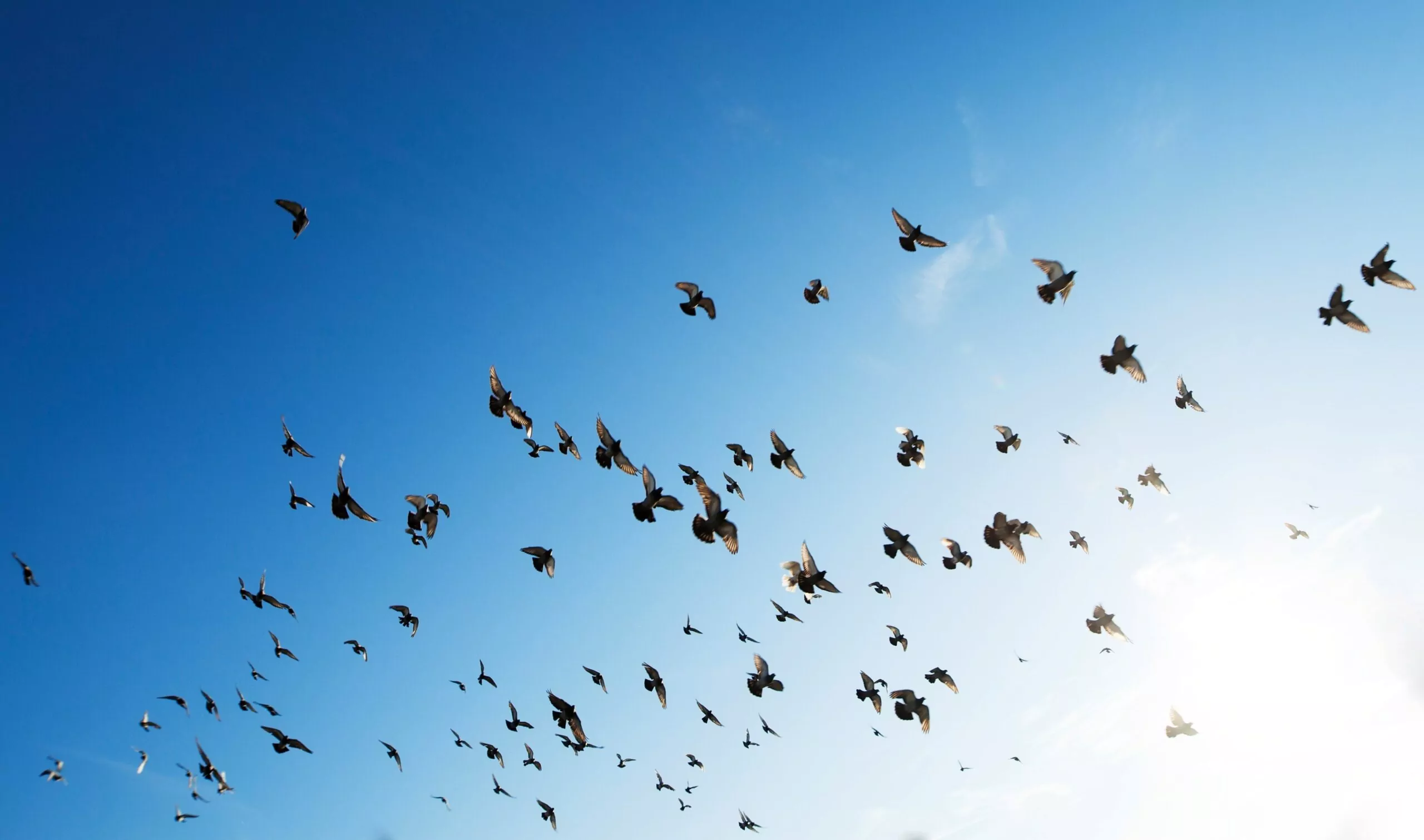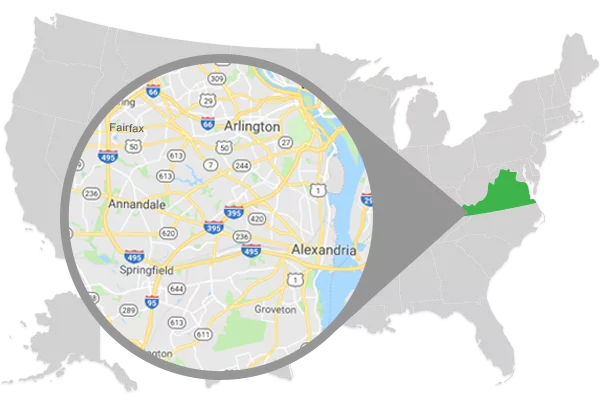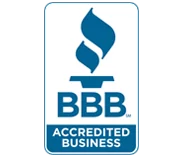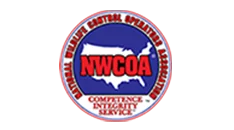
Causes and concern for a virus that could potentially cause a pandemic
Zoonotic influenza is a virus that animals can contract and pass on to humans. Birds, pigs, whales, horses, seals, ducks, bats, cats and dogs can all get forms of influenza. Most notable are the swine, equine and avian influenza.
What is zoonotic influenza?
Some of the influenzas don’t infect humans, but the ones that do, can cause conjunctivitis (pink eye), severe pneumonia or even death. There is some concern with zoonotic influenza possibly causing a pandemic which is referred to as influenza viruses with pandemic potential. There are three types or strains of the virus, A, B, and C. Influenza A includes seasonal influenza, zoonotic influenza and pandemic influenza. Influenza B causes sporadic outbreaks and influenza C very seldom causes symptoms.
What are symptoms of the flu?
Some symptoms of influenza are fever, cough, sore throat, muscle aches, eye infections, pneumonia and other respiratory problems. The avian flu and the swine flu can and do cause fatalities. Regardless of the type of flu, they all have the same or similar symptoms and can be deadly if not treated. We only know about the symptoms that people experience from certain strains of the flu because it is impossible to know how an animal is feeling or what kinds of symptoms they are experiencing. However, there are some signs that can alert you that an animal has a virus or disease and that you should stay away from them. When you see a sick or injured animal, it is important to remember that they are wild and although they look to be in a compromised state, they can still do harm to you if you make them feel threatened. In animals, some of the strains of zoonotic influenza make them lethargic, have discharge from their eyes and nose, lose their appetite, weight loss, loss of feathers in birds.
How is the flu contracted and spread?
Zoonotic influenza is typically contracted by people who work in animal-related or meat manufacturing industries. People who work in meat production are in close contact with the animals and can get the virus such as the swine and avian influenza. Most zoonotic viruses aren’t spread between people, but rather from animal to person and from animal to animal. The virus is diagnosed by lab tests and has no cure, rather it will go away on its own over time like the common cold.
How is the flu prevented
There are no universal vaccinations for zoonotic influenza since there are many subtypes and hundreds of different strains. However, there are ways that the flu can be prevented, such as by washing your hands and staying away from people who are showing symptoms. Much like Covid-19, influenza is passed through the air and the spread can be limited by wearing facial coverings or masks that cover the nose and mouth and by not touching your eyes, nose or mouth after you have been outside in public. The flu shot will help protect people from certain strains of the flu, but as mentioned before, there are no flu shots for animals, nor would it be possible to vaccinate wild animals that could spread the virus.
Why is it important to know about zoonotic influenza?
It’s important to know about zoonotic influenza because animals, especially wild animals pose a risk to people. The more people understand about wildlife, the more informed decisions they can make about them, especially if they are in their home. For one, some animals can cause damage to your home, make messes and spread other harmful diseases, but animals are meant to live outside and it is better and safer for them and homeowners if they are kept outside.
How can I prevent animals from getting into my home?
The easiest and most efficient thing you can do is prevent animals from entering your home. Wildlife can cause countless dollars of damage and potentially get you and your family members sick. Some preventative measures you can take are making sure any cracks, crevices or openings in your home are properly sealed. It is also important to make sure vents and other openings in the home like chimneys are properly sealed with chimney caps and vent guards or covers to prevent birds, squirrels or other small animals from gaining entry to your home. Keeping food and trash stored properly can help prevent animals from being drawn to your property. Food left out invites pests to your home which will invite predators of the pests. Pests and wildlife like places that offer them a consistent food source and a safe place to live or even raise their young.
What do I do if I have animals in my home?
Are you hearing sounds in your attic or scratching noises in your walls? Chances are you probably have an animal in your home. This might be the first time this has happened to you and it can create anxiety and even fear for you and your family members. Sometimes, there may not be any obvious signs of animals in your home, so the best thing to do is to have a wildlife inspection of your home. At Summit, we offer free wildlife inspections, where a technician will thoroughly inspect the home for traces of animals, where an animal might be getting in and what are some things that might be drawing the animal or animals to your property. While the technician may determine that you don’t have any animals currently causing problems, they might have recommendations or services that will help prevent the animals from entering your home in the future. When this happens, the best thing to do is to hire a company that is skilled in wildlife removal like Summit. Summit Wildlife Removal services Fredericksburg, Fairfax, Alexandria, Arlington and other parts of Northern Virginia.
What are some of the services we offer?
Some of the services we offer at Summit are animal removal for birds, squirrels, raccoons, bats, foxes, groundhogs, moles, deer, voles, skunks, snakes and geese. We also offer repairs if the animal has caused damage to your home. We offer insulation services, roof repairs and replacements, crawl space repairs and more. For more information about our animal removal services or any of our other services we offer, contact us.












